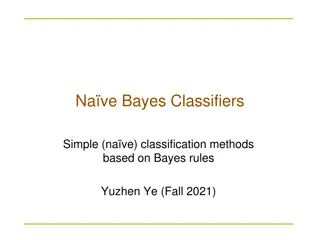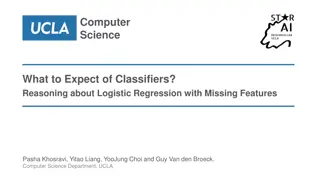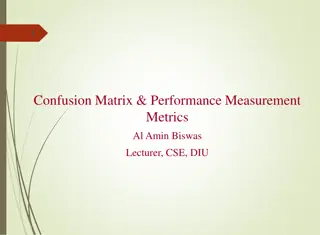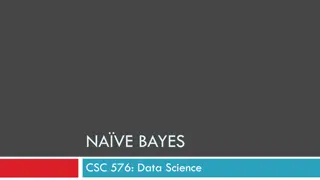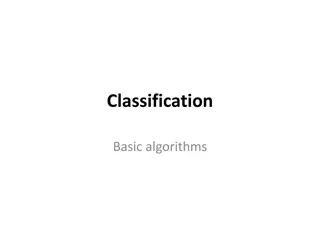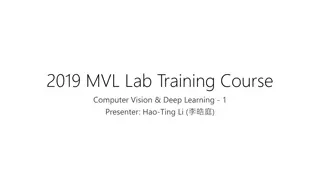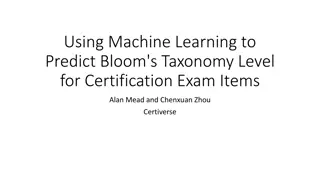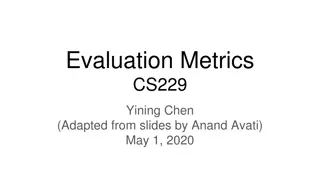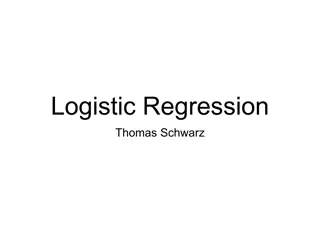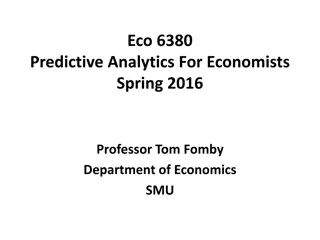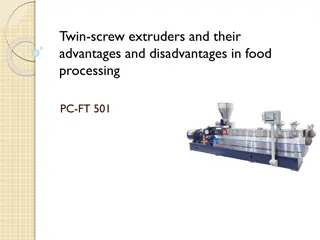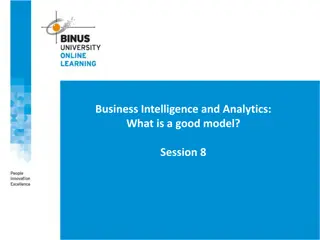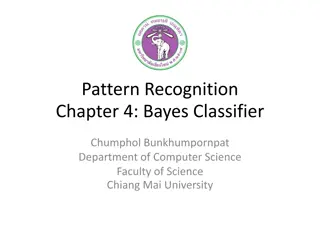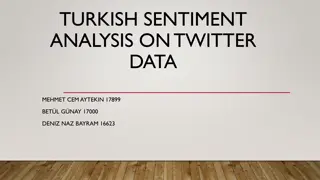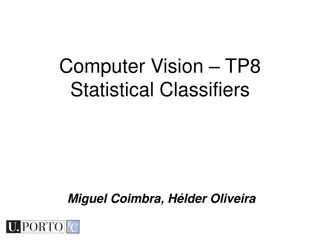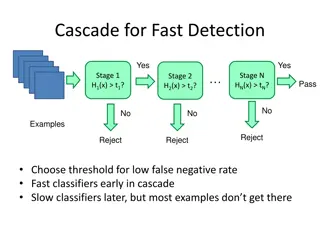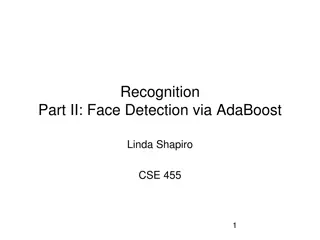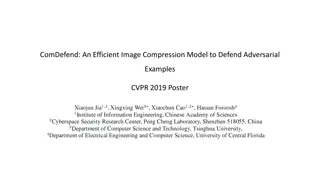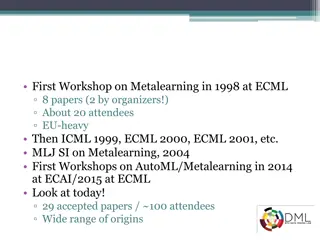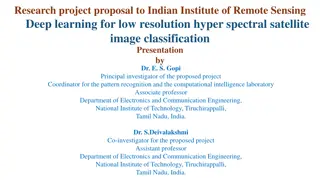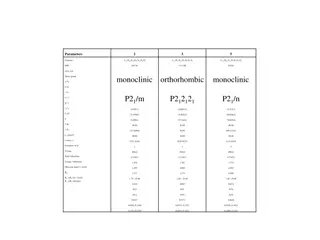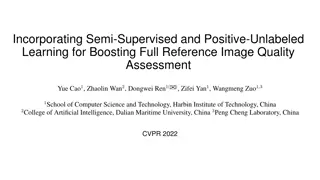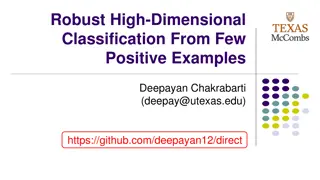Ring Type Lugs vs Screw Type Lugs
Cable lugs from Chetna Engineering Co. are also available in a ring shape. These insulated cable lugs are made up of the finest quality of copper that offers high conductivity & high purity. These lugs vary in type as insulated, non-insulated, and metal reinforcement.
8 views • 4 slides
Next-Level Lathe Performance withKRAMATORSK 1A665 Heavy Screw-Cutting Lathe 1800
Looking to elevate your workshop with top-tier pre-owned equipment? Dive into the extensive inventory at Mudar M Metalworking Machine Tools Trading!\nDiscover premium machinery like the KRAMATORSK 1A665 Heavy Screw-Cutting Lathe 1800mmx12000mm in our collection. Whether you're in search of used bor
4 views • 7 slides
Explore Quality KRAMATORSK 1A665 Heavy Screw-Cutting Lathe
Dive into the comprehensive inventory at Mudar M Metalworking Machine Tools Trading to elevate your workshop with top-tier pre-owned equipment! Uncover premium machinery like the KRAMATORSK 1A665 Heavy Screw-Cutting Lathe 1800mmx12000mm in our collection. Whether you're searching for used boring ma
2 views • 6 slides
Screw classifier
CraftsmenCrusher's screw classifier is an innovative solution designed to efficiently separate and dewater solids from liquids.
1 views • 1 slides
Archimedean screw pumps market
The growth of the Archimedean screw pumps market is driven by the growing adoption of Archimedean screw pumps in industrial applications and the increasing utilization of Archimedean screw pumps in sewage treatment. However, the high installation, maintenance, and operating costs of Archimedean scre
1 views • 3 slides
Stainless Steel Stud Bolts Manufacturer
DC Engineering is One of the best Manufacture and Supplier of Fasteners, Bolts, Stud Bolts, Nuts, Screw, Washer, Anchor Bolt, Inserts, CNC Components.
2 views • 13 slides
Counterfeit Detection Techniques in Currency to Combat Financial Fraud
Currency counterfeiting poses a significant challenge to the financial systems of countries worldwide, impacting economic growth. This study explores various counterfeit detection techniques, emphasizing machine learning and image processing, to enhance accuracy rates in identifying counterfeit curr
0 views • 15 slides
Understanding Evaluation and Validation Methods in Machine Learning
Classification algorithms in machine learning require evaluation to assess their performance. Techniques such as cross-validation and re-sampling help measure classifier accuracy. Multiple validation sets are essential for comparing algorithms effectively. Statistical distribution of errors aids in
0 views • 95 slides
Automotive Grade 10 Joining Methods: Bolts and Nuts
Learn about semi-permanent joining methods in automotive engineering, including using bolts and nuts, rivets, studs, and split pins on flat bar or sheet metal. Discover the calculation of drill sizes and key dimensions for screw cutting, tap drill sizes, and dimensions of keys. Explore semi-permanen
1 views • 13 slides
Understanding Naive Bayes Classifiers and Bayes Theorem
Naive Bayes classifiers, based on Bayes' rules, are simple classification methods that make the naive assumption of attribute independence. Despite this assumption, Bayesian methods can still be effective. Bayes theorem is utilized for classification by combining prior knowledge with observed data,
0 views • 16 slides
Building Sentiment Classifier Using Active Learning
Learn how to build a sentiment classifier for movie reviews and identify climate change-related sentences by leveraging active learning. The process involves downloading data, crowdsourcing labeling, and training classifiers to improve accuracy efficiently.
0 views • 47 slides
What to Expect of Classifiers: Reasoning about Logistic Regression with Missing Features
This research discusses common approaches in dealing with missing features in classifiers like logistic regression. It compares generative and discriminative models, exploring the idea of training separate models for feature distribution and classification. Expected Prediction is proposed as a princ
1 views • 19 slides
Understanding Confusion Matrix and Performance Measurement Metrics
Explore the concept of confusion matrix, a crucial tool in evaluating the performance of classifiers. Learn about True Positive, False Negative, False Positive, and True Negative classifications. Dive into performance evaluation metrics like Accuracy, True Positive Rate, False Positive Rate, False N
3 views • 13 slides
Understanding Naive Bayes Classifier in Data Science
Naive Bayes classifier is a probabilistic framework used in data science for classification problems. It leverages Bayes' Theorem to model probabilistic relationships between attributes and class variables. The classifier is particularly useful in scenarios where the relationship between attributes
1 views • 28 slides
Evaluating Website Fingerprinting Attacks on Tor
This research evaluates website fingerprinting attacks on the Tor network in the real world. It discusses the methodology of deanonymizing Tor users through predicting visited websites, emphasizing the need for labels to train machine learning classifiers. The study presents a threat model involving
0 views • 26 slides
Simple Machines Quiz - Test Your Knowledge on Wedge, Lever, Inclined Plane, and Screw!
Get ready for a fun and educational quiz on simple machines including the wedge, lever, inclined plane, and screw. Test your understanding of these fundamental concepts and sharpen your knowledge in a playful way.
0 views • 23 slides
Understanding Rotational Motion and the Radian
Rotational motion involves rotation around a fixed axis, while the radian measures angular displacement. The relationship between translational and rotational motion is explored, defining angular velocity and differentiating between clockwise and counterclockwise rotations. Examples illustrate the c
0 views • 23 slides
Understanding Basic Classification Algorithms in Machine Learning
Learn about basic classification algorithms in machine learning and how they are used to build models for predicting new data. Explore classifiers like ZeroR, OneR, and Naive Bayes, along with practical examples and applications of the ZeroR algorithm. Understand the concepts of supervised learning
0 views • 38 slides
Understanding Image Classification in Computer Vision
Image Classification is a crucial task in Computer Vision where images are assigned single or multiple labels based on their content. The process involves training a classifier on a labeled dataset, evaluating its predictions, and using algorithms like Nearest Neighbor Classifier. Challenges and the
0 views • 16 slides
Enhancing Certification Exam Item Prediction with Machine Learning
Utilizing machine learning to predict Bloom's Taxonomy levels for certification exam items is explored in this study by Alan Mead and Chenxuan Zhou. The research investigates the effectiveness of a Naïve Bayesian classifier in predicting and distinguishing cognitive complexity levels. Through resea
0 views • 19 slides
Understanding Evaluation Metrics in Machine Learning
Explanation of the importance of metrics in machine learning, focusing on binary classifiers, thresholding, point metrics like accuracy and precision, summary metrics such as AU-ROC and AU-PRC, and the role of metrics in addressing class imbalance and failure scenarios. The content covers training o
0 views • 31 slides
Understanding Binary Outcome Prediction Models in Data Science
Categorical data outcomes often involve binary decisions, such as re-election of a president or customer satisfaction. Prediction models like logistic regression and Bayes classifier are used to make accurate predictions based on categorical and numerical features. Regression models, both discrimina
0 views • 67 slides
Effective Data Augmentation with Projection for Distillation
Data augmentation plays a crucial role in knowledge distillation processes, enhancing model performance by generating diverse training data. Techniques such as token replacement, representation interpolation, and rich semantics are explored in the context of improving image classifier performance. T
0 views • 13 slides
Understanding Classifier Performance in Target Marketing
Explore the importance of classifier performance in target marketing scenarios such as direct marketing, consumer retention, credit scoring, and bond ratings. Learn how to efficiently allocate resources, identify high-value prospects, and evaluate classifiers to maximize profit in marketing campaign
0 views • 23 slides
Understanding Twin-Screw Extruders in Food Processing
Twin-screw extruders are versatile machines with advantages like better pumping efficiency, efficient mixing, and handling of high-moisture materials. They offer flexibility in processing a wide range of raw materials, leading to a significant expansion in the application of extrusion in food proces
0 views • 8 slides
Evolutionary Computation and Genetic Algorithms Overview
Explore the world of evolutionary computation and genetic algorithms through a presentation outlining the concepts of genetic algorithms, parallel genetic algorithms, genetic programming, evolution strategies, classifier systems, and evolution programming. Delve into scenarios in the forest where gi
0 views • 51 slides
Understanding Model Evaluation in Business Intelligence and Analytics
Explore the importance of measuring model performance, distinguishing between good and bad outcomes, evaluating accuracy using confusion matrices, and the significance of the confusion matrix in analyzing classifier decisions.
0 views • 31 slides
Understanding Bayes Classifier in Pattern Recognition
Bayes Classifier is a simple probabilistic classifier that minimizes error probability by utilizing prior and posterior probabilities. It assigns class labels based on maximum posterior probability, making it an optimal tool for classification tasks. This chapter covers the Bayes Theorem, classifica
0 views • 24 slides
Implementing Turkish Sentiment Analysis on Twitter Data Using Semi-Supervised Learning
This project involved gathering a substantial amount of Twitter data for sentiment analysis, including 1717 negative and 687 positive tweets. The data labeling process was initially manual but later automated using a semi-supervised learning technique. A Naive Bayes Classifier was trained using a Ba
0 views • 17 slides
NSH_SFC 17.01 Performance Report Summary
The NSH_SFC 17.01 Performance Report focuses on measuring and analyzing the performance of various elements such as Service Function Forwarder, NSH Proxy, NSH Classifier, and more in the context of VPP 17.01 for different SFC ingredients. Baseline performance is established using IXIA-based PacketGe
0 views • 7 slides
Understanding Statistical Classifiers in Computer Vision
Exploring statistical classifiers such as Support Vector Machines and Neural Networks in the context of computer vision. Topics covered include decision-making using statistics, feature naming conventions, classifier types, distance measures, and more.
0 views • 39 slides
Object Detection Techniques Overview
Object detection techniques employ cascades, Haar-like features, integral images, feature selection with Adaboost, and statistical modeling for efficient and accurate detection. The Viola-Jones algorithm, Dalal-Triggs method, deformable models, and deep learning approaches are prominent in this fiel
0 views • 21 slides
Understanding Face Detection via AdaBoost - CSE 455.1
Face detection using AdaBoost algorithm involves training a sequence of weak classifiers to form a strong final classifier. The process includes weighted data sampling, modifying AdaBoost for Viola-Jones face detector features, and more. Face detection and recognition technology is advancing rapidly
0 views • 49 slides
Understanding the Threat of Unintended URLs in Social Media
Characterising the potential threat posed by unintended URLs in social media, this study identifies the risk stemming from automatic rendering of clickable links. The research delves into the background of Top Level Domains (TLDs), the issue of unintended URLs caused by forgotten spaces, and propose
0 views • 21 slides
Efficient Image Compression Model to Defend Adversarial Examples
ComDefend presents an innovative approach in the field of computer vision with its efficient image compression model aimed at defending against adversarial examples. By employing an end-to-end image compression model, ComDefend extracts and downscales features to enhance the robustness of neural net
0 views • 16 slides
Exploring Metalearning and Hyper-Parameter Optimization in Machine Learning Research
The evolution of metalearning in the machine learning community is traced from the initial workshop in 1998 to recent developments in hyper-parameter optimization. Challenges in classifier selection and the validity of hyper-parameter optimization claims are discussed, urging the exploration of spec
1 views • 32 slides
Deep Learning for Low-Resolution Hyperspectral Satellite Image Classification
Dr. E. S. Gopi and Dr. S. Deivalakshmi propose a project at the Indian Institute of Remote Sensing to use Generative Adversarial Networks (GAN) for converting low-resolution hyperspectral images into high-resolution ones and developing a classifier for pixel-wise classification. The aim is to achiev
0 views • 25 slides
Structural Parameters and Symmetry Operations of Organic Compounds
This document presents detailed structural parameters of various organic compounds along with their space groups, crystal systems, and symmetry operations including rotary inversion, screw axis, and glide plane. The data includes molecular formulas, molecular weights, unit cell dimensions, and refle
0 views • 7 slides
Boosting Image Quality Assessment through Semi-Supervised and Positive-Unlabeled Learning
Incorporating Semi-Supervised and Positive-Unlabeled Learning methods enhances full-reference image quality assessment using less expensive unlabeled data and exclusion of negative samples. The framework involves PU learning with CE and NE losses, as well as SSL with MSE loss for labeled data and ps
0 views • 13 slides
Robust High-Dimensional Classification Approaches for Limited Data Challenges
In the realm of high-dimensional classification with scarce positive examples, challenges like imbalanced data distribution and limited data availability can hinder traditional classification methods. This study explores innovative strategies such as robust covariances and smoothed kernel distributi
0 views • 10 slides









